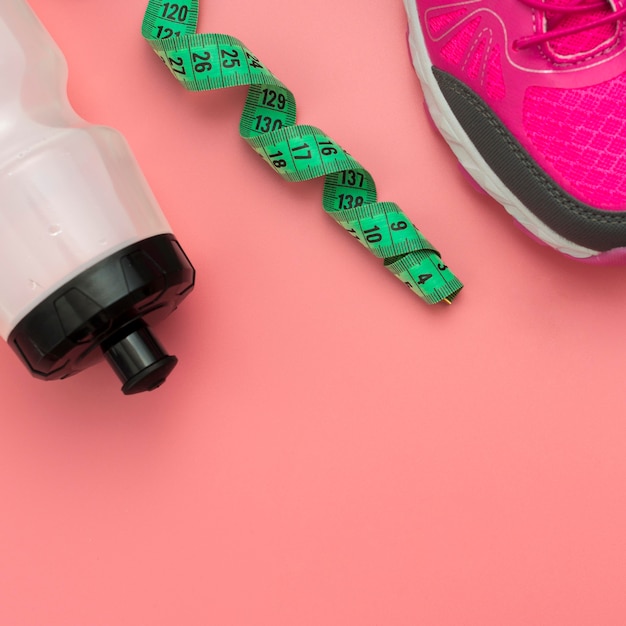
If you’re having a hard time losing weight, you’re definitely not alone. Scientists have been busy trying to find new and effective ways to help people manage their weight better. Recently, they’ve discovered something interesting about a hormone in our bodies called GLP-1, which plays a big role in how hungry we feel and how our bodies process food. There are now new medications that work like this hormone, offering a fresh approach to weight loss.
Let’s dive into what these medications are, how they work, and what they could mean for anyone trying to lose weight.
GLP-1, or glucagon-like peptide-1, is a naturally occurring hormone that helps regulate blood sugar levels and appetite. It’s made by specialized cells in the intestines and gets released when we eat. Here are its main functions:
1. Regulating blood sugar levels.
2. Controlling appetite and how full we feel.
Given its crucial role in metabolism and appetite control, GLP-1 has become a focus for new treatments aimed at helping people with type 2 diabetes and obesity. This is where medications like semaglutide come in.
Semaglutide is created to mimic GLP-1’s effects but is stronger and lasts longer than the natural hormone. It tricks your body into thinking you’ve eaten, even when you haven’t, making your body produce more insulin, reducing sugar production, and decreasing your appetite. Originally designed to help people with type 2 diabetes, it was observed that it also helped with weight loss, grabbing a lot of attention as a potential weight-loss treatment.
Here’s how these GLP-1 medications work for weight loss:
1. They mimic the natural hormone’s effects.
2. Increase insulin production.
3. Decrease sugar production and appetite.
So, do these medications really work, and are they safe? That’s what we’re about to explore next.
Clinical trials and real-world experiences suggest that these medications can help many people lose weight, often more effectively than just diet and exercise alone. However, they don’t work the same for everyone. How well they work can depend on factors like:
1. Individual health conditions.
2. Lifestyle and diet.
It’s important to understand that these medications aren’t magic pills. They work best alongside a healthy diet and regular exercise. Also, the effects tend to level off after several months, and weight loss may slow down or stop altogether.
While GLP-1 receptor agonists like semaglutide look promising for weight loss, the research is still developing. Here are a few key points to consider:
We know that:
1. There are common side effects, like nausea and diarrhea.
2. There are also rare but more serious side effects.
Some people might not adjust to the medication, and there’s ongoing research about long-term effects, including potential cancer risks.
GLP-1 receptor agonists might be prescribed for:
1. People with type 2 diabetes.
2. Those needing significant weight loss for health reasons.
But, some individuals shouldn’t take these medications. For example:
1. Those with a history of certain medical conditions.
2. Pregnant or breastfeeding women.
It’s essential to share your full medical history with your doctor before starting any new medication.
These medications can be quite pricey, costing hundreds or even thousands of dollars a month without insurance. Some need to be taken daily, while others weekly, depending on the specific medication. Also, while they can help with weight loss, the effects don’t last forever. Most people see a plateau after a few months and may regain weight if they stop taking the medication.
Interestingly, probiotics are good bacteria that help keep your gut healthy, and scientists think they might also help your body make more GLP-1. Though more research is needed, here’s a promising mechanism:
Probiotics might help stimulate GLP-1 production indirectly by promoting a healthy gut environment. For example, a probiotic supplement called Bioma aims to support gut health, potentially influencing GLP-1 levels indirectly.
Summing up, while GLP-1 agonists like semaglutide show potential for weight loss, it’s important to approach with caution. We don’t have enough long-term safety data, and many users experience significant side effects. Maintaining weight loss might require long-term use, which can be expensive and come with unknown health risks.
These drugs can help with substantial weight loss and improved blood sugar control for type 2 diabetes when combined with lifestyle changes. However, due to the high cost, potential severe side effects, and limited long-term safety information, it’s crucial to talk to a healthcare provider to determine if these medications are right for you.